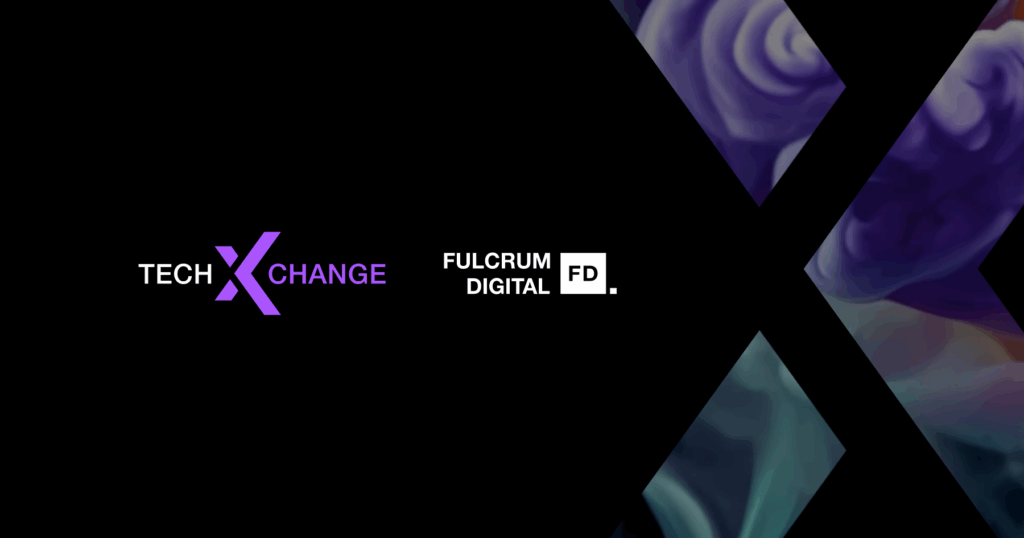AI Without Purpose: Power Without Direction
Running a company without philosophy in its AI is like conducting an orchestra where every instrument plays louder and faster, but no one has agreed on the score. The violins might dazzle, the percussion might shake the room, but without purpose and harmony, the sound collapses into noise.
AI today is much the same: breathtaking in capability, but without clear structure, validated knowledge, and guiding purpose, it risks amplifying chaos instead of creating music. This is the central tension of responsible AI: brilliance without grounding can quickly spiral into risk.
The greater danger, though, is not silence or discord, but perfection in service of the wrong idea. Its very brilliance tempts us to confuse mastery with meaning, and speed with wisdom. A flawless performance of the wrong score is still a failure, and yet boardrooms are filled with applause for speed, scale, and precision while the purpose, the why of AI in business, remains unresolved.
Every age has its music. First came the software era, where code rewrote industries and “software ate the world.” Then AI entered, devouring software itself, promising machines that learn and adapt in ways programs never could. But now we stand at a subtler threshold, where philosophy of AI becomes the conductor. Not philosophy as abstraction, but as the guide that keeps us in harmony with reality and reminds us why we perform at all.
Philosophy offers three questions that every leader must ask of their AI systems, questions at the heart of AI in leadership:
- Ontology (Structure): how do we define the world we operate in, from customer segments to supply chains to the very notion of risk?
- Epistemology (Knowledge): by what standards do we decide what is true, reliable, or worth trusting?
- Teleology (Purpose): what is the system ultimately for? Profit, inclusion, resilience, or something more enduring?
Together, these are less about abstract theory and more about the foundations of AI governance and ethics in practice.

From Efficiency to the Purpose Economy
We have moved from the digital economy, where efficiency reigned, to the experience economy, where connection mattered, and now into a purpose economy, where values define value itself.
AI will follow whichever path we set for it. Left to chance, it will magnify patterns without asking whether they serve our highest aims. Guided with intent, it can become the most powerful expression of an organization’s philosophy. This is why leaders must anchor their AI strategy in purpose and values and not just performance metrics.
For business leaders, the stakes could not be higher. AI will not remain tucked inside IT departments or innovation labs; it is fast becoming the hidden architecture of AI decision-making across credit approvals, hiring pipelines, supply chains, and customer experience.
Which means every boardroom, whether it admits it or not, is already drafting the philosophy, in effect, the AI governance strategy, by which its systems operate. Some do this consciously, weaving their values into the design of algorithms. Others do it by omission, allowing convenience, cost, or historical bias to stand in as their philosophy. Either way, the decision is being made, and its consequences extend well beyond quarterly results.
Permanence: The Unexamined Algorithm
Imagine a world where AI decides who is granted a loan, who receives medical care first, or even what truths rise to the top of your social feed. That world is not hypothetical; it already exists. The real question is no longer whether AI can do these things, but whether it should. And if it should, then by whose philosophy does it decide? Do we allow AI to become a mirror of our biases, or do we insist it serve as a magnifier of our highest values?
What makes this question unavoidable for leaders is permanence. Once a philosophy is written into code, it does not stay confined to the pilot project or innovation lab; it hardens into the infrastructure of how business gets done. A definition of risk in lending becomes the invisible law of who has access to credit. A definition of merit in hiring becomes the silent gatekeeper of who rises in the workplace.
In this sense, every deployment becomes part of an enterprise’s responsible AI framework. These are not temporary experiments; they are decisions that will outlast the executives who approved them, baked into the systems future leaders inherit. AI in the boardroom is not just about deploying technology. It is about drafting the social contract by which its enterprise will be judged.

Purpose-Driven AI: Playing the Right Symphony
More than two thousand years ago, Plato warned that the unexamined life is not worth living. Today, as we build machines that learn, adapt, and make decisions on our behalf, the same warning applies. At Fulcrum Digital, this is the standard we hold ourselves to: building AI agents not only for capability but for clarity of purpose. Because the unexamined algorithm is not worth running.
So let us not only ask how AI will transform business, but dare to ask how philosophy will transform the future of AI itself; how the values we choose to embed today will shape the markets, institutions, and societies of tomorrow.
Because while markets may reward speed and scale, societies will remember wisdom. And in the long run, the companies that endure will be those that manage to embrace both. Leaders today face the same choice as a conductor before a performance: will the orchestra play for volume, or for meaning?
Technology gives us virtuosity and speed. Philosophy gives us harmony and direction. AI may master every instrument, but only philosophy ensures we are playing the right symphony.
![[Aggregator] Downloaded image for imported item #231427](https://fulcrumdigital.com/wp-content/uploads/2025/09/AI20and20Philosophy_Blog_Fulcrum-Digital_Hero.png)






